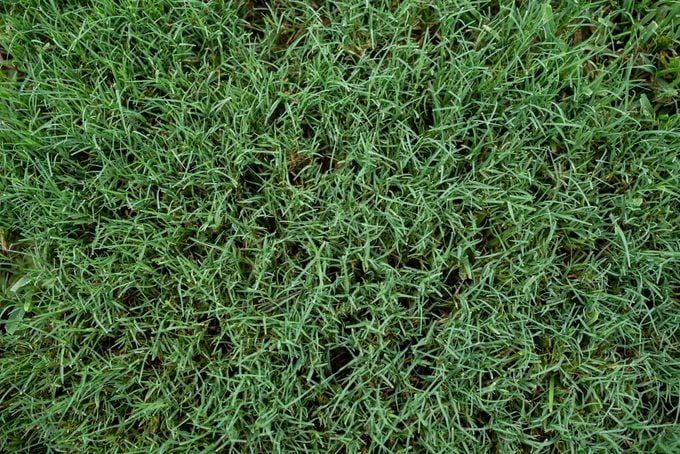How to Get Rid of Bermuda Grass in Your Garden
Updated: Apr. 08, 2024
Bermuda grass is drought and heat tolerant but can be aggressive. Get hints on how to kill Bermuda grass without harming other plants
How to Control and Kill Bermuda Grass

“What’s the best way to encourage flower seedlings in my garden and kill Bermuda grass?” asks Nathan Lembke of Bentonville, Arkansas.
Gardening expert Melinda Myers has advice: “It’s certainly challenging to manage grass in an existing garden. Pre-emergent weed killers will prevent many desirable flower seeds, as well as weed seeds, from sprouting. Instead, continue to remove the Bermuda grass by hand.”
Psst—here’s how to stop bindweed from taking over your garden.
“Spot treating the Bermuda grass plants with a total vegetation killer is another option,” Melinda says, “but be sure to protect desirable plants from these chemicals. You can cover a weed with a milk jug or soda bottle with the bottom removed, then spray the weed killer through the container’s opening and onto the weed. Once dry, move to the next weed. Organic products only kill the above-ground portion of a plant, but repeated application can help manage this plant. Read and follow the label directions to make sure the product you select can be used in an existing garden.” Follow these tips and tricks for a weed-free backyard.
Melinda also recommends mulching your garden with shredded leaves, evergreen needles or other organic materials to prevent the seeds of Bermuda grass from sprouting in spots where you’d rather have flowers or other plants.
Here’s the best natural way to kill weeds.
Benefits of Bermuda Grass
Despite its name, Bermuda grass was actually introduced to North America in the 1750s from Africa, not Bermuda. Sometimes known as wire grass, Bermuda grass is a known host plant for a tiny butterfly species called fiery skippers, which are often seen in the South but also are spotted as far north as the Great Lakes at times.
Bermuda grass is particularly common in the southern U.S., where it thrives in the heat and humidity. But for some people, Bermuda grass can be a pest when it grows in areas where it’s not wanted.
Discover the top drought-tolerant plants that can handle dry weather.
Bermuda grass has vine-like stolons above ground and stem-like rhizomes below ground, making it a popular turf grass for growing quickly and filling in patches in lawns.




















